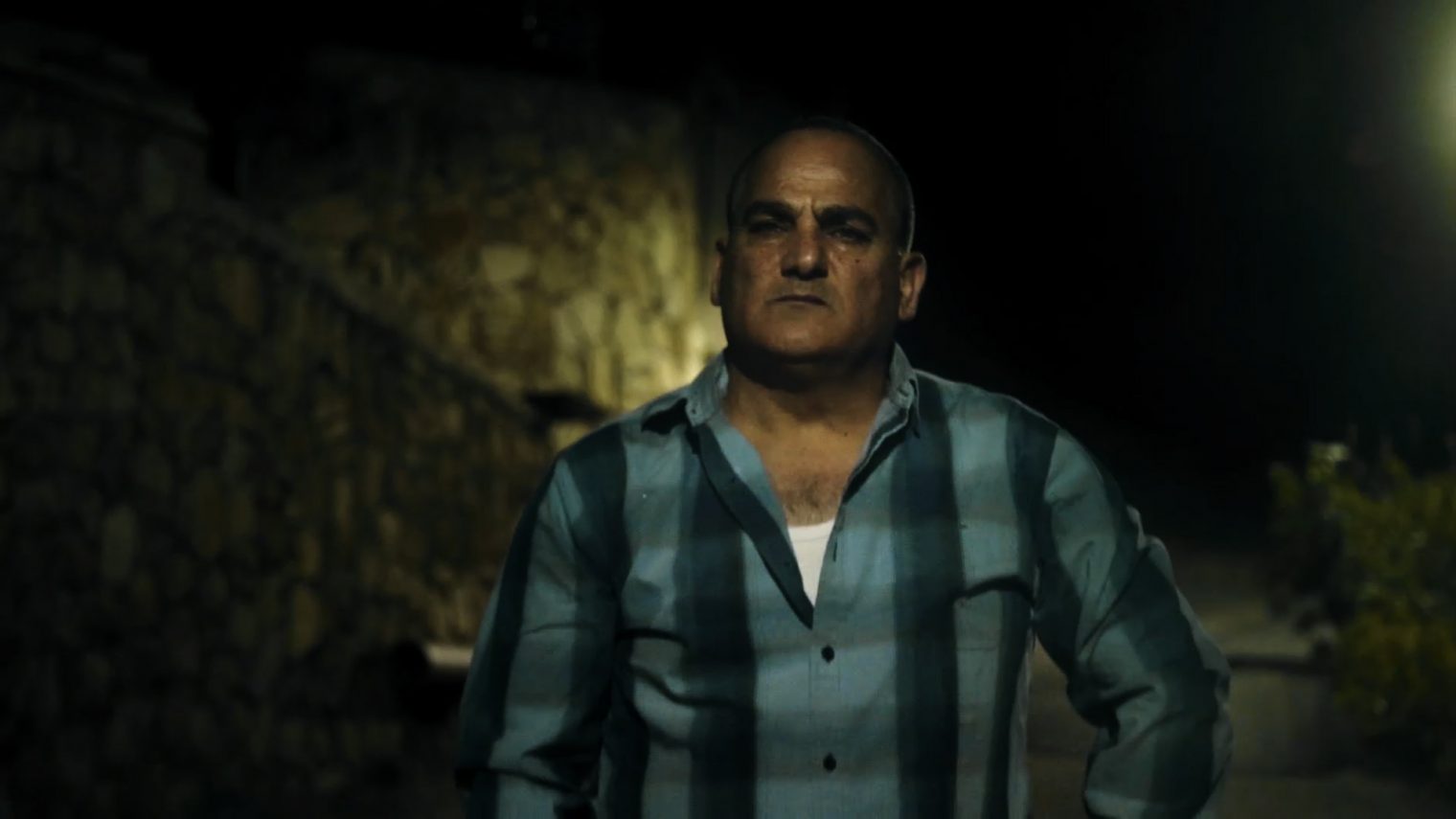
Dir.: Ramy A. Katz; Documentary; Israel 2018, 79 min.
On the night of March 5th 2002, a gunman opened fire in a restaurant near Tel Aviv’s Maariv Bridge. Police officer Salim Barakat, who was nearby, brought the gunman down only to be found dead next to the killer. Director/producer Ramy A. Katz (Freeflow) researches the death of the Druze policeman, following his brother Jamal on his search for the truth.
The verdict was that Salim died from a knife wound to the throat. But after visiting a memorial ceremony for Salim, held every year in the police precinct for the tenth time, Jamal begins to question the official version. He discovers that the emergency ambulance’s doctor called in that night, reporting that his brother was “murdered by gun shots” and contradicting the official diagnosis of throat slashing. We watch a video where the main witness, middle-aged Willys Hazan, claims to have shot the attacker, after slashing Jamal’s throat. He is on a drip in a hospital bed, praising Salim, but admitting that the police officer was actually the terrorist. Then Jamal, a trained investigator, meets the head of the National Centre for Forensics, and tells him about the contradictions. The director is concerned l, and questions why no autopsy was performed; asking Jamal to have his brother undergo an exhumation – but Jamal’s religion does not permit such an option. Jamal also confronts the chief of Police who asks him to “let his hero brother rest in peace” – the same answer Jamal gets from Hazan, whom me meets twice. Breaking down, Hazan finally concedes, that “this would not have happened had Salim been an Israeli”. Finally, tracing down the staff of the restaurant, who were on duty on the fateful night, Jamal gets the answers he was originally searching for.
This is not just a document of Jamal’s investigation, but a testament to his coming to terms with grief – and his shattered belief in the righteousness of the law. The more he learns, the more his world crumbles. In the end he has not only lost his brother, but what he called his ‘extended family’,the police officers at the station where Salim served. There are some poetic moments, particularly when Jamal talks about his belief in reincarnation that persuades him that Salim has been reborn, and that his soul now rests in the body of a young boy in primary school. Moving, passionate and gripping, Katz takes a candid approach to his narrative, letting the audience make up their mind about the social implications of this cover-up. AS
SCREENING AT IDFA 2018 |